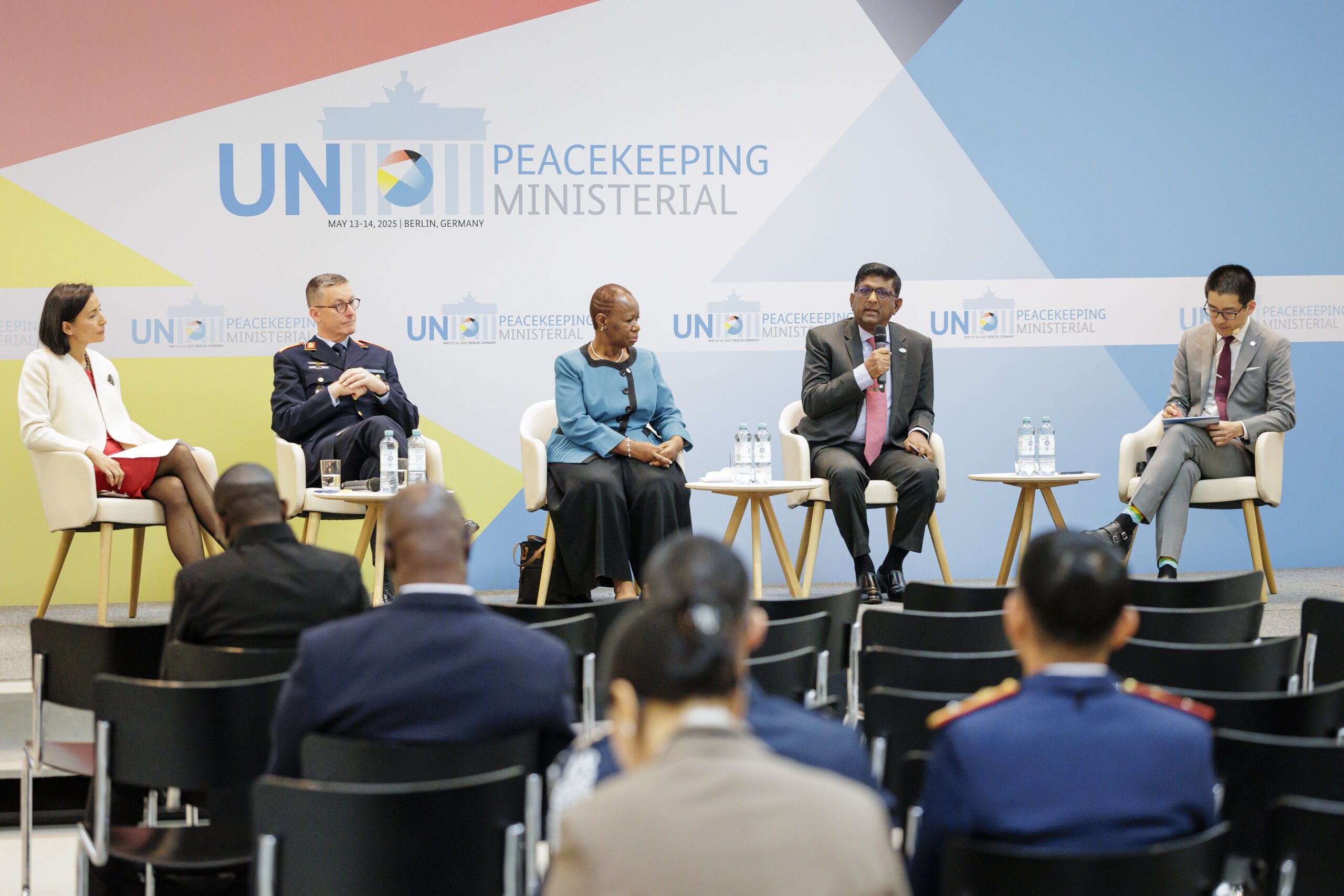

Array
(
[thumbnail] => https://s42831.pcdn.co/wp-content/uploads/2022/09/hero-fpo-150x150.jpg.optimal.jpg
[thumbnail-width] => 150
[thumbnail-height] => 150
[medium] => https://s42831.pcdn.co/wp-content/uploads/2022/09/hero-fpo-300x150.jpg.optimal.jpg
[medium-width] => 300
[medium-height] => 150
[medium_large] => https://s42831.pcdn.co/wp-content/uploads/2022/09/hero-fpo-768x384.jpg.optimal.jpg
[medium_large-width] => 768
[medium_large-height] => 384
[large] => https://s42831.pcdn.co/wp-content/uploads/2022/09/hero-fpo.jpg.optimal.jpg
[large-width] => 1000
[large-height] => 500
[1536x1536] => https://s42831.pcdn.co/wp-content/uploads/2022/09/hero-fpo.jpg.optimal.jpg
[1536x1536-width] => 1000
[1536x1536-height] => 500
[2048x2048] => https://s42831.pcdn.co/wp-content/uploads/2022/09/hero-fpo.jpg.optimal.jpg
[2048x2048-width] => 1000
[2048x2048-height] => 500
[gform-image-choice-sm] => https://s42831.pcdn.co/wp-content/uploads/2022/09/hero-fpo.jpg.optimal.jpg
[gform-image-choice-sm-width] => 300
[gform-image-choice-sm-height] => 150
[gform-image-choice-md] => https://s42831.pcdn.co/wp-content/uploads/2022/09/hero-fpo.jpg.optimal.jpg
[gform-image-choice-md-width] => 400
[gform-image-choice-md-height] => 200
[gform-image-choice-lg] => https://s42831.pcdn.co/wp-content/uploads/2022/09/hero-fpo.jpg.optimal.jpg
[gform-image-choice-lg-width] => 600
[gform-image-choice-lg-height] => 300
)
Global Peace Operations Review
Accountability for Peacekeeping Failures Must be Shared by the UN in New York
At a recent training for peacekeepers that brought together soldiers and police officers from a dozen key United Nations troop contributing countries (TCCs) to focus on improving civilian protection and civil-military coordination, participants ranging from majors to former sector and force commanders expressed frustration over what they perceive as undue scrutiny of their actions and performance while deployed to peacekeeping missions. A key example raised by several participants was the dismissal of the Kenyan Force Commander of the UN Mission in South Sudan (UNMISS) in November 2016 following the release of a report by a UN Special Investigation into July violence in Juba which found that, “a lack of leadership on the part of key senior Mission personnel culminated in a chaotic and ineffective response to the violence.”
Soldiers also commented that their actions are frequently examined by UN investigations for any shortcomings, they are not equipped with the proper tools by the UN Security Council (UNSC) and Secretariat to perform as expected, and that punishment for peacekeeping failures falls disproportionately on the shoulders of military actors rather than their civilian colleagues: points that many training participants felt were demonstrated by the dismissal of the UNMISS Force Commander. He had only been on the ground in South Sudan for three weeks when the July crisis broke out and had reportedly not received the proper induction training normally provided to incoming Force Commanders.
The perception that accountability for peacekeeping failures in South Sudan has fallen squarely on the shoulders of military leadership is not entirely accurate. The civilian head of UNMISS, Special Representative of the Secretary-General (SRSG) Ellen Løj, has also faced criticism for her handling of the Juba crisis. However, Løj was allowed to quietly resign with an announcement designed to brand her departure as a voluntary and planned exit from the Mission; a far cry from the public dismissal of the Force Commander.
The fallout from the decision to dismiss the Kenyan Force commander has not been insignificant. As a result of the dismissal, Kenya announced that it would withdraw all of its troops from UNMISS and would cancel plans to contribute additional troops to a special Regional Protection Force authorized by the UNSC to be deployed to increase the Mission’s capacity in Juba. Notably, the Kenyan Government has also disengaged from the peace process in South Sudan. In the past, Kenya played a prominent role in negotiations to end violence between Sudan and South Sudan and amongst rival factions within South Sudan.
The security situation in South Sudan has deteriorated significantly over the last several weeks. On November 11, the UN Special Advisor on the Prevention of Genocide raised, “concerns that there is a strong risk of violence escalating along ethnic lines, with the potential for genocide.” On November 30, members of UN commission on human rights stated that, “there is already a steady process of ethnic cleansing under way in several areas of South Sudan using starvation, gang rape and the burning of villages.”
Escalating ethnic violence and genocide make a legitimate peace process in South Sudan more necessary than ever. Moreover, while discussions on additional UNSC sanctions against individuals deemed responsible for violence in South Sudan are currently stalled, if the UNSC does decide to pursue additional sanctions, it will be difficult to enforce them without the assistance of regional actors, including the Kenyan Government and banks.
The UNSC and the UN Secretariat must also share accountability for peacekeeping failures
The intention behind presenting the views of frustrated military peacekeepers and the cost of accountability in the case of UNMISS is not to imply that the dismissal of the Kenyan Force Commander was a misstep. Accountability for peacekeepers who fail to appropriately protect civilians in times of crisis is needed to create an incentive structure that promotes robust peacekeeping action and leads to better civilian protection by peacekeeping missions. However, the UNSC and the UN Secretariat must also share accountability for peacekeeping failures. Wider reform of UN peacekeeping is needed to effectively support peace missions on the ground.
The recommendations of the Special Investigation into the July violence in Juba outline several needed reforms, including measures to address national caveats that restrict what tasks peacekeepers are willing to perform and increased support by DPKO and the Department of Field Support (DFS) for improved, scenario-based training, particularly those that cover the use of force to protect civilians and stop sexual violence.
The High-level Independent Panel on Peace Operations (HIPPO) report outlined other changes needed to improve UN peace operations. Most notably, it highlighted the need for political solutions to drive the implementation and design of peace operations, the Secretariat to be more field-focused, and operations to become more responsive and accountable to people affected by conflict.
While some work has been done to improve analysis, planning, and strategic force generation, the results of many of these developments remain to be seen and more serious and sustained reforms are needed. For example, in line with the HIPPO recommendations, communication between the UNSC, Secretariat and troop- and police-contributing countries must be improved, more authority vested in DFS, and the Secretariat’s administrative systems improved to make them less bureaucratic and more responsive to the needs of field operations.
Without serious and sustained efforts to reform how the UN supports peace operations from New York, accountability for peacekeeping failures during crises will ring hollow and leave military peacekeepers and troop contributing countries disillusioned.
Lauren Spink is a Peacekeeping Program Officer at Center for Civilians in Conflict (CIVIC). She is also the co-author of a recent CIVIC report Under Fire: The July 2016 Violence in Juba and UN Response. |Twitter: @lspink01
More Resources
-

-

Reflections on the 2025 Peacekeeping Ministerial
Eugene Chen
Stay Connected
Subscribe to our newsletter and receive regular updates on our latest events, analysis, and resources.
"*" indicates required fields


